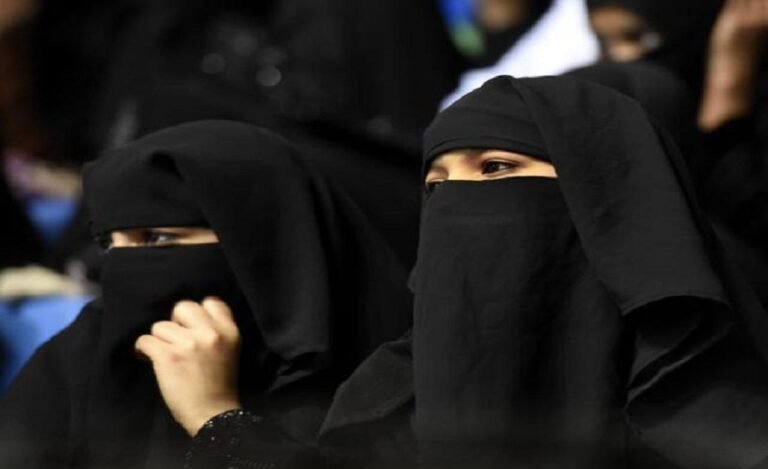
 The BJP government as well as the AIMPLB have called the verdict ‘historic’ but it remains to be seen if the Muslim woman-the poster girl in whose name the battle had been fought will gain anything from the verdict.
The BJP government as well as the AIMPLB have called the verdict ‘historic’ but it remains to be seen if the Muslim woman-the poster girl in whose name the battle had been fought will gain anything from the verdict.
AAZEEN F KIRMANI | Caravan Daily
WITHIN Muslim circles instant Talaq had been an issue of contention for long. While it is not the Quranic way of divorce and was clearly disliked by the Prophet and the Khalifas, once uttered it had a legal validity. In light of the new verdict that is being hailed as a historic step towards women empowerment and gender equality, a divorce thus pronounced will have no legal value.
Several Muslim countries banned instant triple talaq using the provision of ‘ijitihad’ which the Muslim clergy in India didn’t. The clergy’s adamant refusal to bring about the change from within can well be attributed to their characteristic lack of far sightedness, the result of which is most effectively expressed by a post verdict Times of India photograph of two burqa clad women celebrating the verdict with images of PM Narendra Modi in the background.
Irrespective of who the women were or which organization they belonged to, the current knight in shining armour surely knows how to cut a cake and have it too. Wasn’t it just days ago that a court had forced its way into the marriage of a young Muslim woman and annulled it against her wish? In that case, somehow the ‘arbitrariness’ of a figment of imagination called ‘love jihad’ had not come in the way of annulment. Not even when the charge of the so called ‘jihad’ is under investigation and not yet proved. But that’s a story for another day.
For now it’s about the case which has made history by being termed ‘historic’ by groups on two ends of the spectrum of political thought. The BJP government as well as the AIMPLB have called the verdict ‘historic’ (both from their own peculiar point of views though) but it remains to be seen if the Muslim woman-the poster girl in whose name the battle had been fought will gain anything from the verdict, or has she just been an instrument in a political battle, as women have been since time immemorial.
a Muslim woman in India has bigger and more urgent concerns on her mind than instant divorce (or divorce for that matter). Victims of instant triple talaq form a negligible percentage of Muslim women in India but the percentage of hate crime widows and orphans is on a constant rise. There is every chance that a woman just saved from instant divorce ends up becoming a lynching widow or a bereaved mother, sister or daughter of a man killed by a raging mob.
Two situations can possibly arise in the aftermath of an instant divorce. One, in which the husband has no intention of reconciliation and the other, where he regrets the pronouncement of divorce made in a fit of rage and wants to reconcile. In the first case, in light of the new verdict a court can delay the divorce but cannot avert it altogether.
In the second case, the legal invalidity of instant divorce is unlikely to make much difference to the socio-religious perception of it, thereby making it of little practical use for the woman (as well as the regretful man). In matters so intrinsically woven with religion and morality, a society functions according to its age old beliefs and practices and not according to court verdicts. However, had the reform come from within, with the sanction of Ulema, the picture would have been much different. In later case reconciliation between an instantly divorced couple would have had religious sanction and therefore social acceptance too. The now impending moral dilemma and chaos could have been avoided had the Muslim Personal Law Board taken timely steps.
Even if ‘ijitihad’ was beyond them they could have easily come around the technical hitch that validated instant talaq by introducing a model nikah-namah. That would not only have averted court interference in personal law but also that en mass humiliation that the community has suffered over this issue.
That said, a Muslim woman in India has bigger and more urgent concerns on her mind than instant divorce (or divorce for that matter). Victims of instant triple talaq form a negligible percentage of Muslim women in India but the percentage of hate crime widows and orphans is on a constant rise. There is every chance that a woman just saved from instant divorce ends up becoming a lynching widow or a bereaved mother, sister or daughter of a man killed by a raging mob.